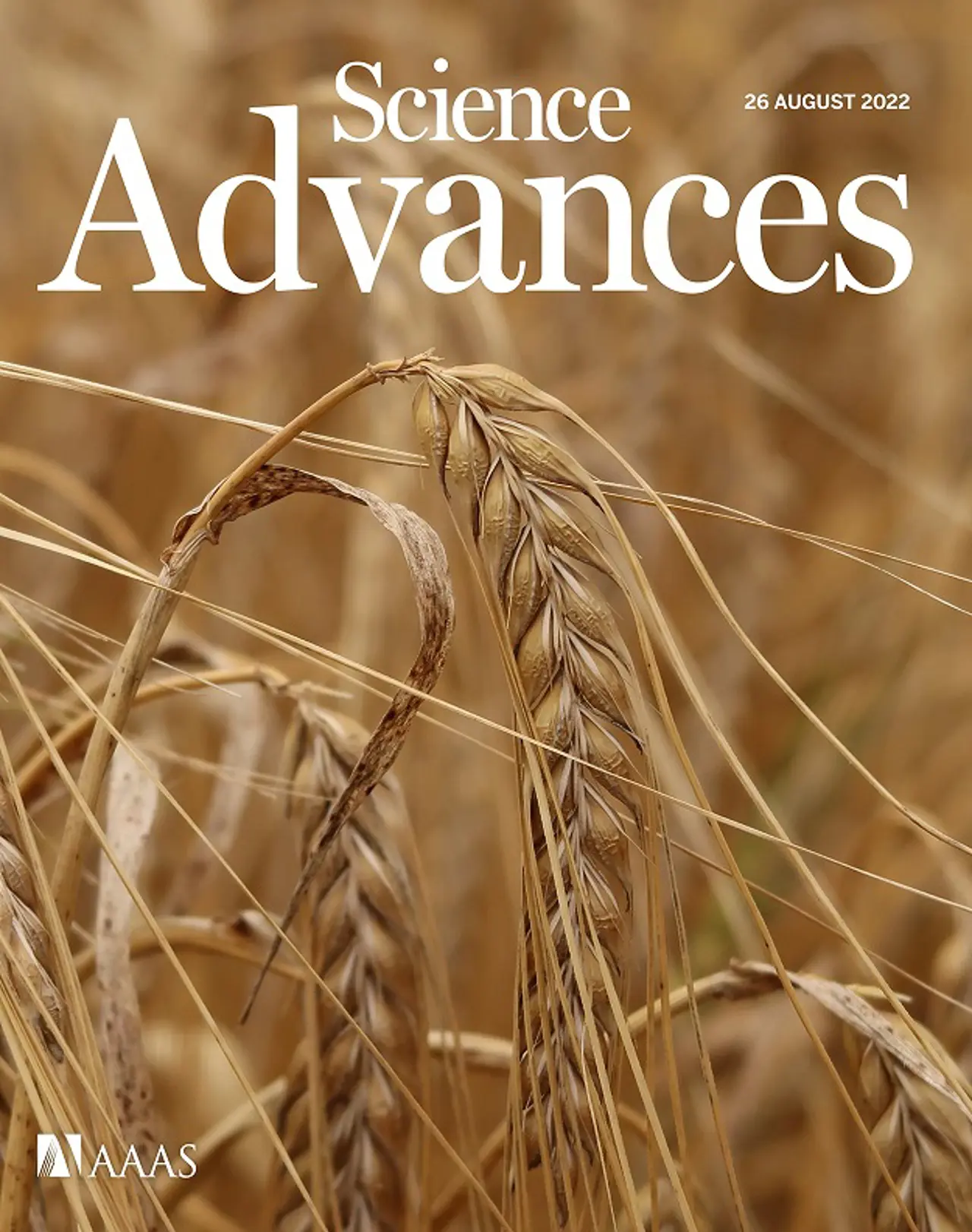
FIND-IT: Carlsberg Research Laboratory develops ultrafast crop improvement technology
FIND-IT: Carlsberg Research Laboratory develops ultrafast crop improvement technology
Published:
26.08.2022
Contact:
jb@carlsbergfoundation.dkScientists at the Carlsberg Research Laboratory have unveiled a ground-breaking technology for ultrafast conventional plant breeding that has huge potential to improve global food security. With this new technology, dubbed FIND-IT, specific genetic variants that increase the quality and performance of all kinds of crops under different climatic conditions can be identified in record time – just two to three weeks.
Many of our most important food sources, such as wheat, rice and barley, have been continuously developed and improved over thousands of years. Ever since the early hunter-gatherers, there has been a focus on increasing plants’ productivity and quality so that we can feed more and more people with the minimum possible inputs.
Now, however, we are seeing crop productivity stagnate globally, and this is being exacerbated by climate change and soil nutrient depletion. The current rate of increase in yields of existing crops is not expected to be enough to meet the needs of the 9-10 billion people forecast to inhabit the planet in 2050.
So it could not be a better time for scientists from the Carlsberg Research Laboratory, led by Professor Birgitte Skadhauge, to unveil a new technology for conventional plant breeding of such importance for global food production. The new FIND-IT technology means that specific genetic variants that increase the quality, nutrient content and yield of all kinds of crops under different environmental conditions can be identified in just two to three weeks.

Ultrafast screening of key genetic variants
The technology has just been presented on the front page of renowned journal Science Advances. In the article “FIND-IT: Accelerated trait development for a green evolution”, the research team behind the technology explain how it can be used to detect and isolate genetic variants from different sources, including large populations of existing crops, their wild relations and breeding lines.
“It’s well known that we'll need improved crops in the future with better quality and nutrient content and a greater tolerance to heat and drought,” Birgitte Skadhauge says. “With our technology, we can quickly screen very large plant populations to find the one specific variant with the desired trait. The isolated variant with the desired trait can then be used to develop new, improved plant varieties capable of growing all around the world.”
FIND-IT is thus a uniquely effective tool for precision breeding of high-performing, nutrient-efficient and stress-tolerant crops. Traits that bring improvements in quality, water consumption, nutrient uptake and tolerance to salt, heat and drought will be particularly valuable in the near future as food supply and security come under pressure from a changing climate and a growing population.
GM-free
The research and development work on the FIND-IT technology has been supported by the Carlsberg Foundation from the beginning. Professor Søren-Peter Olesen, Deputy Chair of the Carlsberg Foundation and Chair of the Carlsberg Research Laboratory’s Advisory Board, is delighted with the new technology:
“Since its creation in 1875, the Carlsberg Research Laboratory has not only revolutionised modern brewing techniques through innovative scientific investigation and experimentation, but also made a wide range of pioneering breakthroughs in basic research that have found applications well beyond beer. We’re very proud that the laboratory has once again lived up to its strong international reputation with the development of the FIND-IT technology, which we hope will enable scientists the world over to solve global challenges.”
The FIND-IT technology is particularly innovative because it does not make use of genetically modified organisms (GMOs). In addition, it works across all plant species and can even be used to isolate genetic variants from yeasts, other fungi and bacteria, which are also important in food and drink production.
Newsletter
Are you a researcher and interested in news related to our calls and grants? Or do you want to keep up with news about the foundation’s activities? Then sign up for one of our newsletters here.